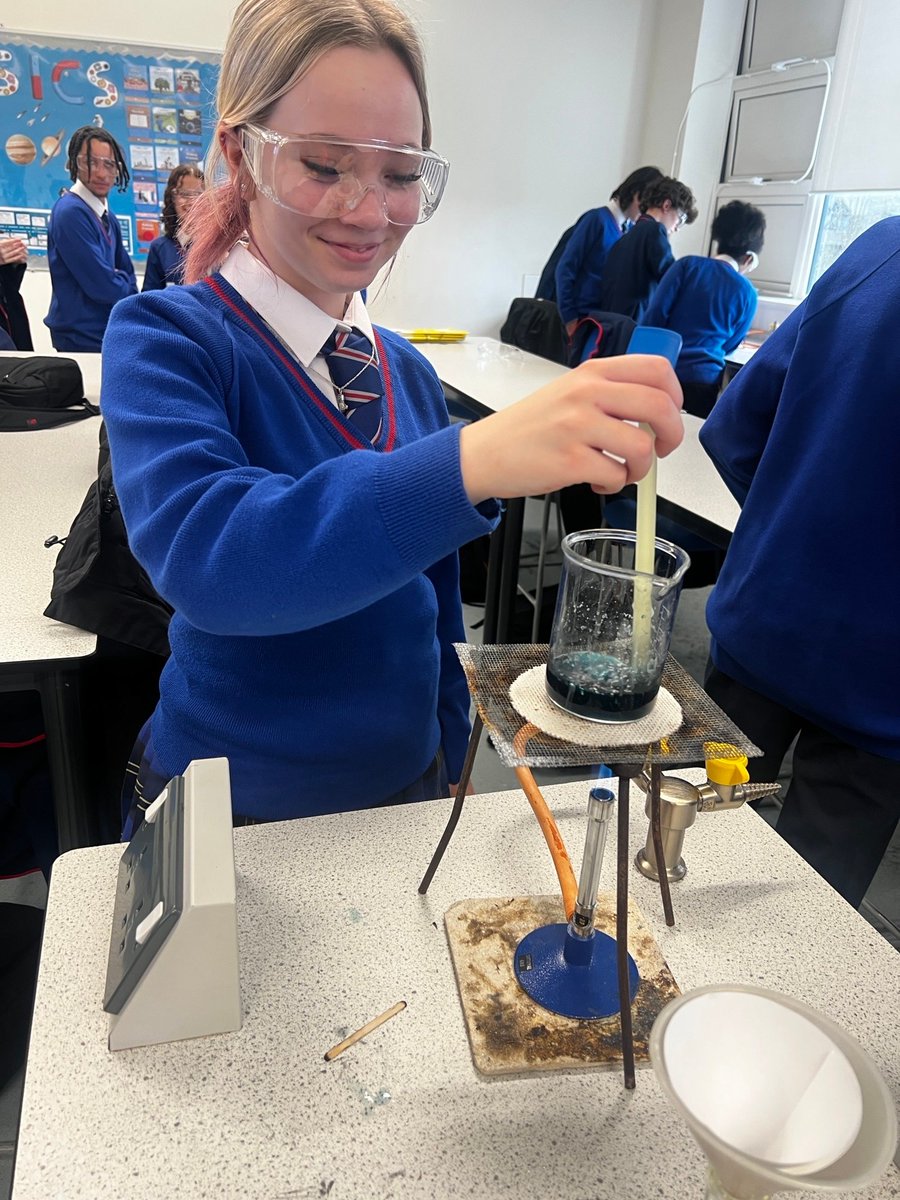Supporting Struggling Readers

On arrival into the Academy, we use the New Group Reading Test (NGRT) to assess students’ level of reading in vocabulary and comprehension.
This data allows us to create a bespoke intervention program for those who fall below age-related expectations. Our team of trained staff identify gaps quickly, and plan and deliver a range of interventions based on need.
For students entering secondary phase below expected national standards, intervention programmes will be implemented. These take the form of sessions to improve students’ phonics, reading comprehension, reading fluency and/or speech and communication capacities for a temporary period. However, with professional learning focused on high quality and quality first teaching, the strategies taught to students in intervention are communicated with all teaching staff to enable effective differentiation and support for these students within the wider curriculum, without adding to teacher workload. For ALL students to have access to a wide range of KS4 qualifications, early intervention is key to adjusting and rapidly improving literacy competencies.
SaLT
We have a Speech and Language therapist on site two days a week to support students with acquiring proficient communication capacity skills. As well as offering the specified interventions below, our therapist offers in class support so that students and teachers learn to transfer skills and also provides numerous professional learning opportunities across the year so that staff can feel empowered.
Interventions offered in response to evolving student needs:
- Visualising and verbalising of texts
- Engagement with Language
- Reading Comprehension
- Independent learning skills
- Word learning skills
- How to use and understand prefixes and suffixes
- Memory strategies
- Selective mutism
- Specific literacy support
- Supporting students with dysfluency/stammer
Lexia
 For students who enter with significant and profound specific learning difficulties related to spelling and reading (standard scores below 85 in spelling and single word reading), we ensure that they are offered the high impact Lexia programme.
For students who enter with significant and profound specific learning difficulties related to spelling and reading (standard scores below 85 in spelling and single word reading), we ensure that they are offered the high impact Lexia programme.
The programme takes students back to learn the skills and knowledge that they have not been able to retain from KS1 and 2 but focuses on engaging them with language and spelling using texts linked to their chronological age rather than their reading age. Trained TAs and members of staff supervise these sessions, using data from the programme to identify where there is a need for one-to-one sessions.
Fluency
For students who enter secondary phase with national curriculum levels below age expected, and for those whose reading comprehension and writing accuracy standard scores fall in the below average range (between 85 and 95), we offer a tailored programmed for reading. We use the ‘Read with, read by and read to’ strategy to develop students’ fluency with the teacher explicitly modeling how to use read with accuracy, expression, pace and how to use punctuation to guide reading.

Reader Leaders
This is offered to groups of students who can decode but find it difficult to understand what they read. Students read with sixth-form students. The sixth-former helps them to learn to use various strategies such as prediction, questioning, clarification and summarizing in line with the Before, During and After approach. Through modelling and guided practice, students gain confidence in using these strategies and develop independent skills.




















